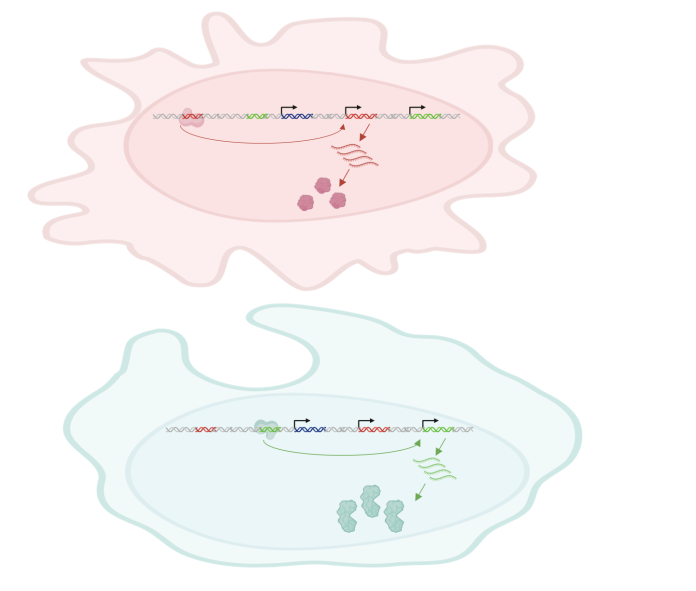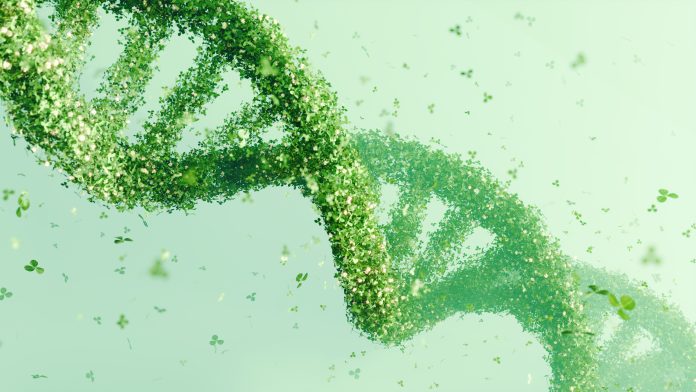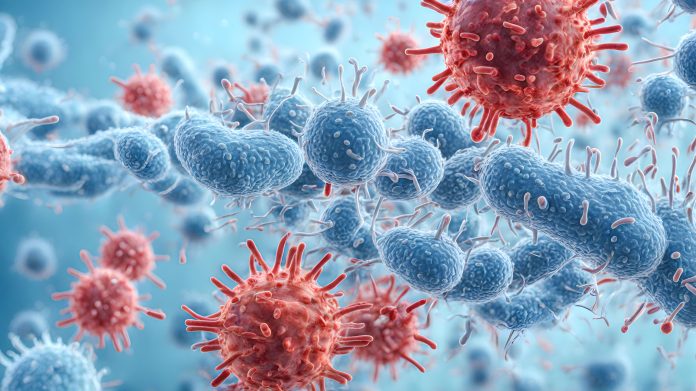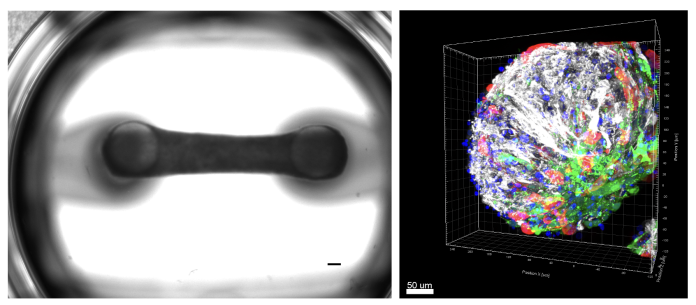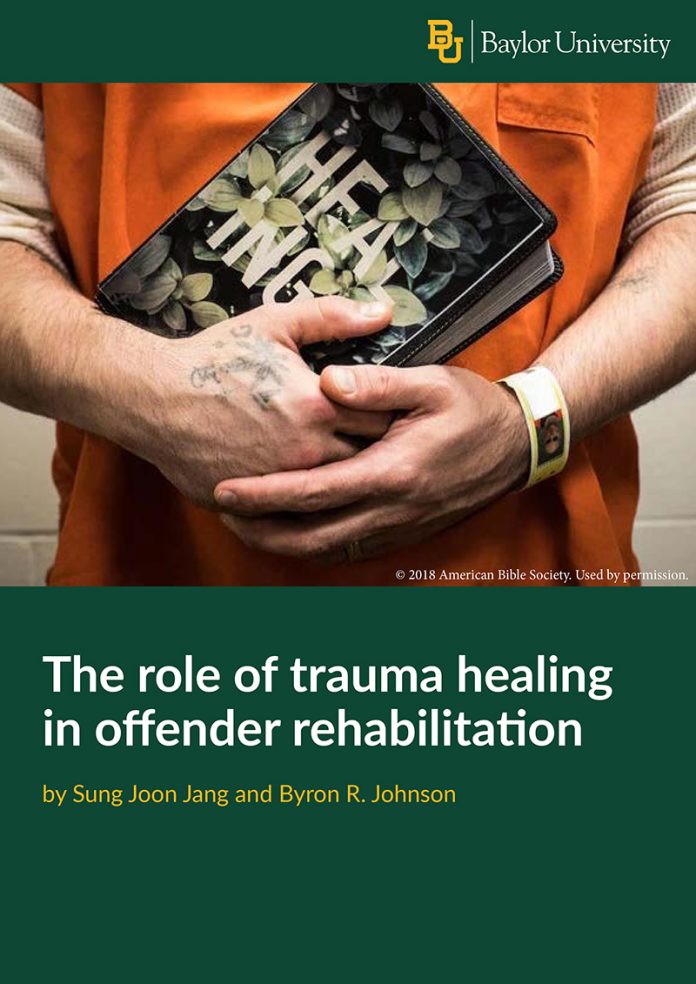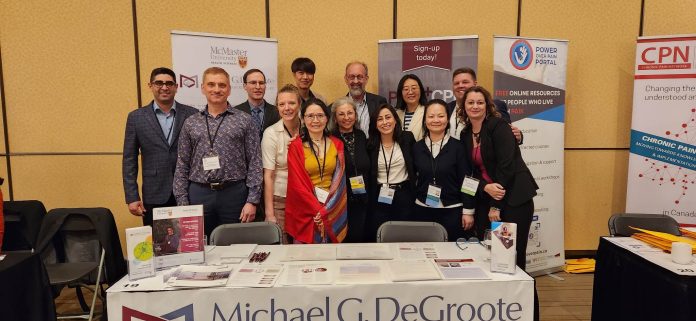Open Access Government produces compelling and informative news, publications, eBooks, and academic research articles for the public and private sector looking at health, diseases & conditions, workplace, research & innovation, digital transformation, government policy, environment, agriculture, energy, transport and more.
Home Search
lead - search results
If you're not happy with the results, please do another search
How the dark genome enlightens the molecular mechanisms of diseases
In this article, Antoinette van Ouwerkerk and Salvatore Spicuglia from INSERM highlight the significance of regulatory variants within the non-coding genome – often referred to as the ‘dark genome’ – in influencing gene expression and disease.
Pillar II: Canada joins EU’s Horizon Europe Pillar II Programme
Canada has officially joined the European Union's Horizon Europe programme, bringing together more global scientific collaborations.
New research reveals the impact of long-distance travel on climate
What is the real impact of long-distance passenger travel? Research from the University of Leeds has urged us to rethink how we approach reducing carbon emissions from transportation.
Extracellular electron transfer explained
Arpita Bose, PhD from Washington University in St. Louis, guides us through host-associated impacts and biotechnological applications of extracellular electron transfer in electrochemically active bacteria.
Gambling research in Canada
Professor Fiona Nicoll from the University of Alberta and Professor Kate Bedford from the University of Birmingham delve into gambling research in Canada, emphasizing the need to widen the lens
The gambling landscape has changed radically in Canada, as in many other countries around the world. Gambling is no longer...
NHS England launches ADHD task force to enhance care
In a move to improve care for individuals with Attention Deficit Hyperactivity Disorder (ADHD), NHS England has announced the formation of a new task force in collaboration with the government.
The start of a new nuclear race: International security and humanitarian priorities
With global tensions rising, this article explores the increase in nuclear weapons spending and its implications for international security and humanitarian priorities.
The potential hidden source of bacterial infections in tattoo inks
Researchers have revealed the microbial content present in commercial tattoos and permanent makeup inks.
Neutrinos, light, matter, and the unification of gravitational and nuclear forces
The discovery of neutrinos and the measurement of their masses are significant events in the history of science. The Rotating Lepton Model provides a useful basis for understanding particles and nuclear reactions, highlighting the importance of Special Relativity, Gravity, and Quantum Mechanics in our universe. Professor Constantinos G. Vayenas explains.
Voters’ priorities in UK election: NHS vs Economy key considerations
As the UK gears up for the upcoming election on July 4th, new polling data from Ipsos reveals distinct contrasts in voter priorities between the main political parties.
Research collaboration: Cross-disciplinary training in sustainable chemistry and chemical processes
Greg M. Swain, Professor of Chemistry in the Department of Chemistry at Michigan State University, is researching cross-disciplinary training in sustainable chemistry and chemical processes. Here, he emphasizes the importance of teamwork for effective research collaborations.
Norway celebrates milestone in offshore wind energy development
Norway has reached a significant milestone in its journey towards renewable energy with the signing of a groundbreaking contract for the Sørlige Nordsjø II offshore wind project.
How can we navigate the 30-hour funding policy in education
In the world of early years education, a significant challenge stands ahead of us in terms of the 30-hour funding policy and its wide-ranging impact on the sector.
The challenge of generating lasting mucosal anti-viral sterilising immunity
Achieving sterilising immunity is often challenging and sometimes even impossible. This article gives a glimpse into the concepts behind and highlights some recent advances and challenges.
The role of stem cell-derived tissues in novel treatments for cardiac ailments
Curbs on animal testing mean human tissues derived from induced pluripotent stem cells offer a promising platform in discovering novel treatments for cardiac ailments.
The role of trauma healing in offender rehabilitation
Correctional leaders are confronted with implementing the goal of offender rehabilitation in the context of limited funding for treatment programs. The pursuit of rehabilitation and trauma healing is further impeded by rising mental health problems in jails and prisons.
Surprising ocean circulation phenomenon with implications for climate change
How does ocean circulation work? New research that looks into the mechanism of ocean circulation could impact our current understanding of climate change.
Safer and more effective use of opioids
The Pain PLUS literature surveillance service demonstrates the importance of high-quality literature to support decision-making and practice for the use of opioids.
Promoting risky play: Insights from the Outside Play Lab
Mariana Brussoni, founder of the Outside Play Lab at The University of British Columbia, is a pioneer in promoting the benefits of risky play for children. Her research emphasizes the importance of allowing children to engage in outdoor activities that involve a certain level of risk, arguing that this type of play is crucial for their overall development.
AI breakthrough in cancer detection
AI model named Candycrunch has been designed to transform cancer detection through advanced sugar analysis.

